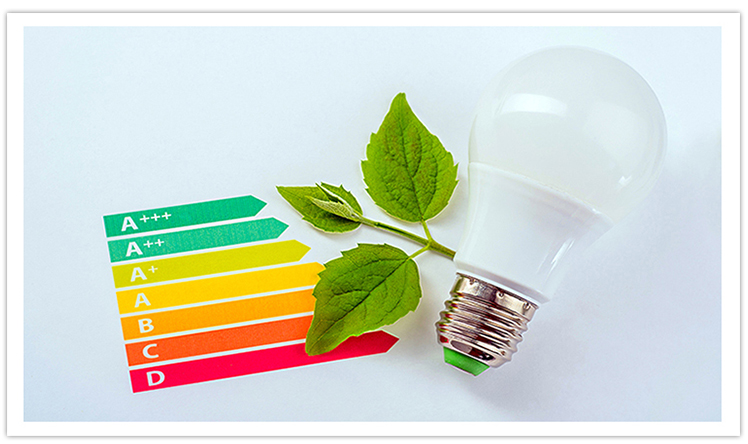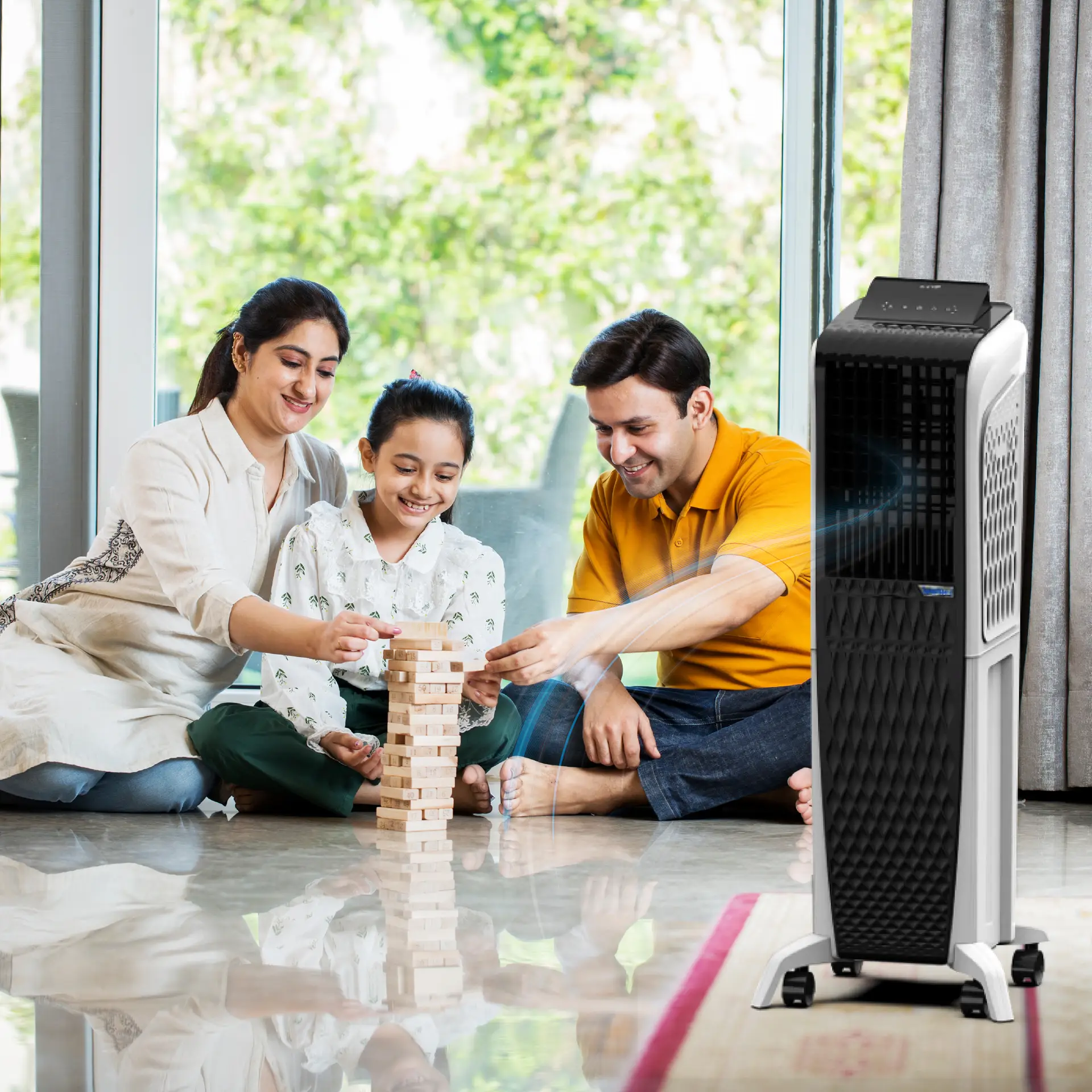As global temperatures rise, it becomes stiflingly hot and the brutal hot weather surely requires searching for the right temperature control mechanism. The search for Air coolers and air conditioners starts shooting up and there are key differences in opting for the right coolant. Both have their own set of advantages and specialties while they both work for the common purpose of cooling the air.
Air coolers work by pulling in the warm ambient air and then passing it through the moist filters and pads. As the water evaporates, the air is cooled and spread throughout the space by an internal fan. Air Conditioners use refrigerant gas to cool all the warm air in the room by absorbing heat and releasing it outside. They are a bit more complex in working as they involve compressors, condensers, and refrigerant cycles to produce the desired effect and outcome.
Difference Between an Air Cooler and Air Conditioner
Choosing the right one can make your space pleasant, liveable, and healthy and save you from the scorching heat. Here is how spotting differences can help-

1. Price
Air coolers rule over air conditioners when it comes to price, as they are budget-friendly. While purchasing and installing an air cooler, there is no need for ducting, and they can be directly bought and placed according to budget and requirements. The starting price of a cooler is much lower than the starting price of an air conditioner in the market, making it a worthy choice while also keeping the room free of harmful pollutants. There is neither an installation cost nor a requirement for professionals to set up the air cooler, which can bring down your overall purchase price significantly. Thus, one should definitely opt for an air cooler if one wishes to stick to a planned budget and fresh & healthy air.
2. Climate
Air coolers work best in dry conditions as the low humidity levels allow the evaporative process to work more effectively. The air coolers produce a natural breeze that is fresh and all-live. However, even in high humidity zones air coolers can be effective for maintaining comfortable indoor temperatures.
3. Effect on the Environment
Using Air coolers can reduce the carbon footprints as they operate on the natural evaporative cooling solution mechanism. They do not possess any harmful chemical refrigerants or emit any kind of ozone-depleting substance. This makes the most sustainable and environmentally friendly solution and option. The refrigerants can have a dangerous impact on society if they are not properly maintained or if there is any kind of leak. In the long term, this leads to climate change and depletion of the ozone layer.

4. Air Quality
The Air coolers come with an in-built filter that captures dust, pollen, and any kind of airborne particles. This prevents any kind of contamination resulting in fresh air that is just nice to breathe! Any kind of respiratory issue is eliminated and a great relief to anyone who has allergies or sensitivity. Air coolers are also known to add moisture to the air combating dryness. Air conditioners can also contribute to a better quality when high-grade filters are used such as HEPA ones. They capture the tiniest of bacteria and allergens aiding in better air quality.

5. Portability
Air coolers are the most mobile and are equipped with castor wheels which allows for a smooth and effortless movement. This versatility and light weight of the air cooler enable individuals and units to shift them to their desired point of use. While air conditioners need to be installed in a fixed location and they cannot be as mobile and require professional assistance in assembling and disassembling.
6. Space and Power Consumption
Air coolers are just more compact as compared to air conditioners and can easily be fit into limited spaces. Whether it is a small room, office cubicle or any outdoor area air coolers can fit into any limited space or wall space. This makes them an excellent choice for people with space constraints. Also, the power used by air coolers is much less as compared to an air conditioner and this makes them the most energy-efficient option.
Frequently Asked Questions – Air Coolers vs Air Conditioners
Air Coolers vs Air Conditioners: Which One is Best to Choose?
Q1: What is the main difference between air coolers and air conditioners?
<strong>A1:</strong> Air coolers use moist pads to cool air through evaporation, while air conditioners use refrigerants and complex systems to absorb and release heat for cooling.
Q2: Are air coolers more energy-efficient than air conditioners?
<strong>A2:</strong> Yes, air coolers are energy-efficient as they primarily rely on water evaporation and require less electricity consumption compared to air conditioners.
Q3: What are the maintenance requirements for air coolers and air conditioners?
<strong>A3:</strong> Air coolers require regular cleaning of filters and water tanks, while air conditioners need filter cleaning or replacement, refrigerant level checks, and periodic professional servicing.
Q4: How do air coolers and air conditioners function differently?
<strong>A4:</strong> Air coolers cool air by evaporating water through moistened pads, creating a natural breeze. Air conditioners use a refrigeration cycle involving a compressor, condenser, and evaporator to cool the air.
Q5: Which climate is most suitable for air coolers?
<strong>A5:</strong> Air coolers are most effective in hot and dry climates with low humidity levels, where their evaporative cooling process works efficiently.
Q6: Are air coolers environmentally friendly compared to air conditioners?
<strong>A6:</strong> Yes, air coolers are considered more eco-friendly due to their lower energy consumption, use of natural processes like evaporation, and lack of harmful refrigerants.
Q7: How do air coolers and air conditioners impact indoor air quality?
<strong>A7:</strong> Both air coolers and air conditioners improve air quality by filtering particles. Air coolers add moisture to combat dryness, while air conditioners with advanced filters enhance purification.
Q8: Are air coolers more portable than air conditioners?
<strong>A8:</strong> Yes, air coolers are more portable with castor wheels and lightweight design, allowing easy movement between rooms or outdoor spaces. Air conditioners are fixed installations.
